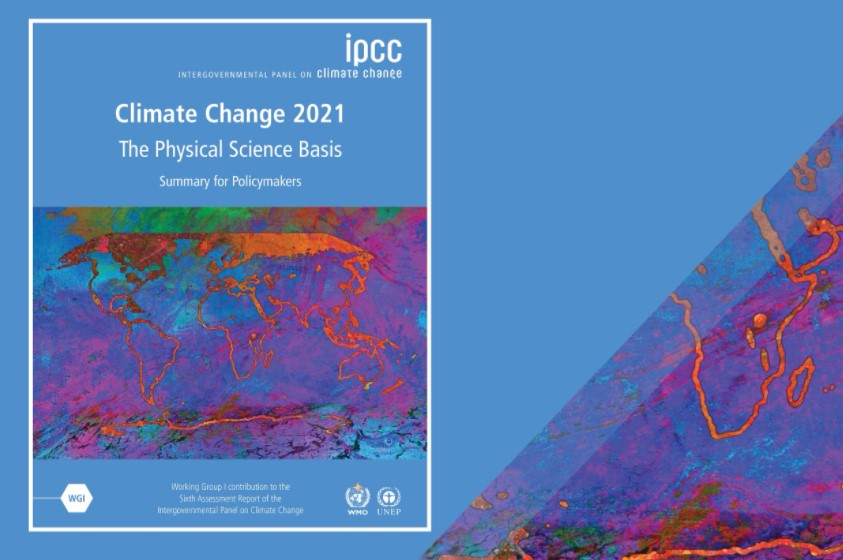A new report by the Intergovernmental Panel on Climate Change (IPCC) on climate change has given a serious warning about the impact of climate change and how it will impact 12 coastal cities of India, which will face the threat of being submerged.
The August 9, 2021 report claimed that the coastal areas will see continued sea-level rise throughout the 21st century, contributing to more frequent and severe coastal flooding in low-lying areas and coastal erosion with extreme sea-level events that previously occurred once in 100 years could happen every year by the end of this century.
As soon as the publication of the report was out, the National Aeronautics and Space Administration (NASA) has also created a sea-level projection tool that makes data on the future sea-level rise from the Intergovernmental Panel on Climate Change more easily accessible to people around the world.
Using the information from this data, there is a threat that a rising sea level would submerge 12 of the coastal cities in India by the end of this century including Mumbai, Chennai, Kochi, and Visakhapatnam, among others.
IPCC Climate Report: New estimates of the chances of crossing the global warming level of 1.5°C in the next decades
The glamourous city of India where resides Bollywood and other prominent faces may sink in the water of the Arabian sea by the end of this century. The city may descend nearly two feet down.
The other Indian cities that the IPCC report 2021 warned of are Bhavnagar (2.70 feet), Mormugao (2.06 feet), Okha 1.96 (feet), Paradip (1.93 feet), Tuticorin (1.9 feet), Kandla (1.87 feet), Mangalore (1.87 feet), Khidirpur (0.49 feet).
If the corrective steps to reduce emissions of greenhouse gases, especially carbon dioxide, and reduce them rapidly are not taken shortly, then the country will witness more drastic effects of climate change.
This is to be noted that India is one of the most vulnerable countries for climate change and it will witness extreme environmental conditions of heavy rainfall, drought, increased heat waves if it does not manage its GHG emission.






